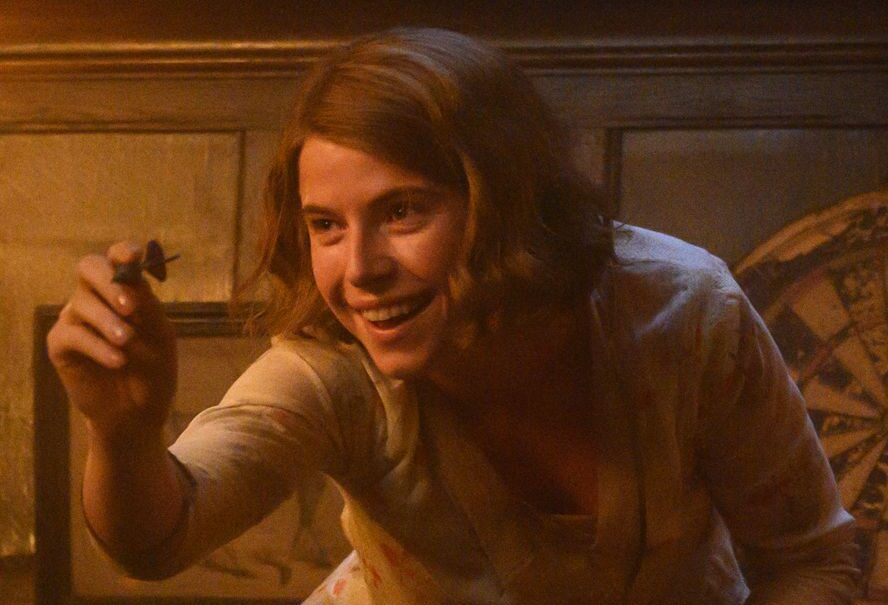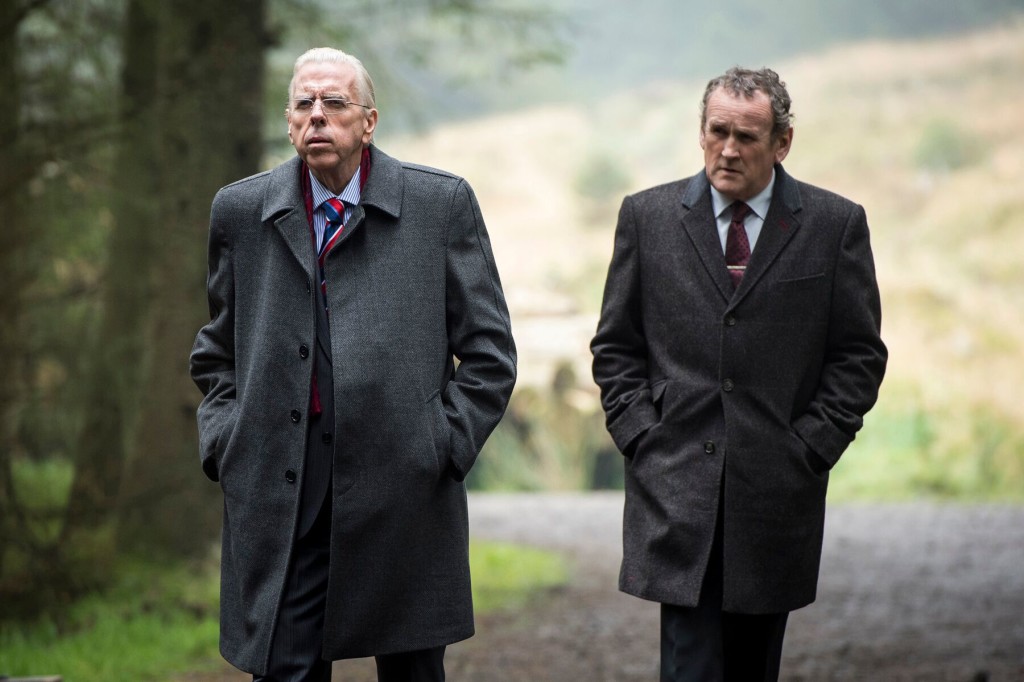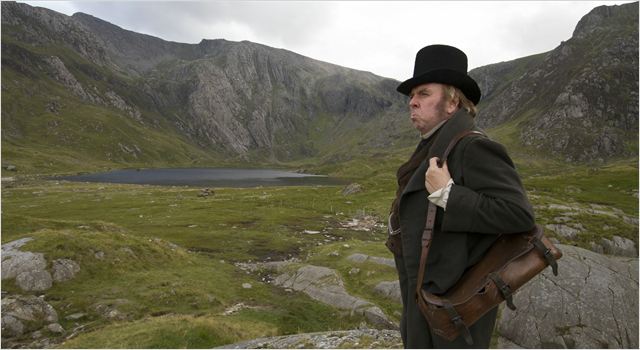
Jessie Buckley sparkles in the comedy Wicked Little Letters, about a contretemps between English neighbors that erupted into scandal. It’s 1920, and, though although no longer technically in the Victorian (or even Edwardian ) Period, Victorian social mores prevailed, and the stuffiness, repression and classism make easy targets for Wicked Little Letters.
Buckley plays Rose, a vibrant single mom who may or may not be a war widow. Foul-mouthed and a joyous carouser, Rose is decidedly tot adhering to the social and sexual mores of the time. Her ultrareligious and ridiculously proper neighbor Edith, (Olivia Colman) on the other hand, could be a poster girl for devout virginity; Edith lives under the tyranny of her father Edward (Timothy Spall), a bullying, racist, patriarchal prig.
The two women start out friendly, but inevitably fall out. Edith is shocked to received a series of profane, obscene and vituperative letters. Edward brings in the police, and soon Rose is on trial for sending the letters, although she denies it. What will happen to Rose? Who really sent the poison pen letters? Wicked Little Letters‘ story closely follows a true story, which you can read about if you Google “Littlehamption Letters Scandal“.
Here’s the most interesting aspect of Wicked Little Letters. We are used to watching people who are sexually and/or socially repressed acting out perversely (see the TV preacher or right wing politician scandal du jour). But here, we have someone who is so angry about BEING repressed, that the perverse behavior comes out of her rage.
This really isn’t much of whodunit, because the authorities, blinded by their own stupidity and classism, and ignorant of forensic tools like handwriting analysis (not to mention the scientific method), keep missing the obvious solution. A fictional young female cop (Anjana Vasan) is the stand-in for the 21st century audience and can see what her superiors miss. Once it’s revealed who is really sending the letters, Wicked Little Letters finishes a little too slowly.
But we get to enjoy a charismatic performance by Jessie Buckley, deploying a deliciously crooked grin as she brings a devil-may-care woman to life. Buckley is so good as troubled characters (Beast, Wild Rose, The Lost Daughter, Women Talking), and it’s great to see her letting loose as a fun-loving character.
Olivia Colman, of course, is superb as Edith, a woman who is not nealy as one-dimensional as she first appears. The great actor Timothy Spall (who has lost a reported 100 pounds over the past several years) has fun with a character who has no nuance whatsoever, unless you count varying shades of bigotry and entitlement.
I caught Wicked Little Letters very late in its its theatrical run and I expect that it will be leaving theaters soon; I’ll let you know when it is available to watch at home.


